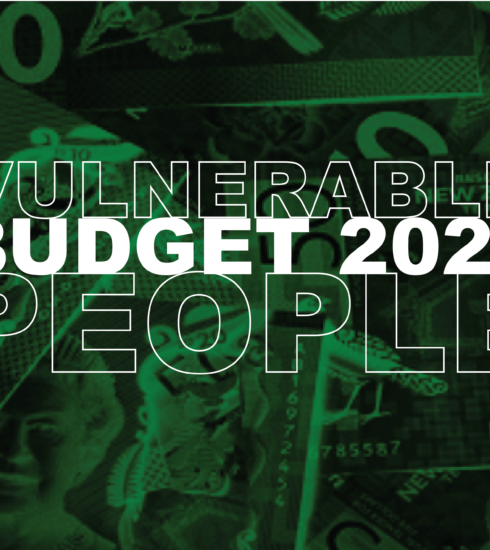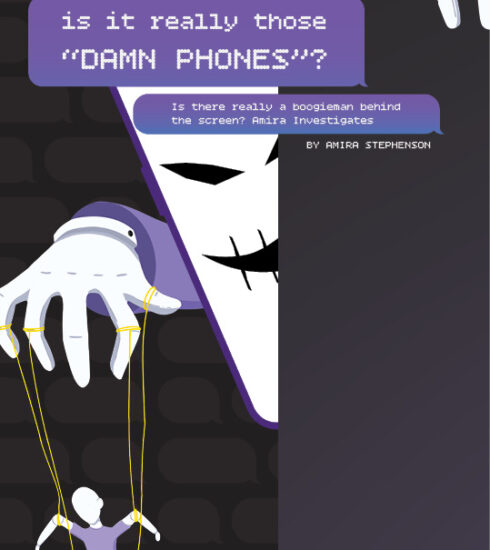Alex Goes Deep – Issue 18
In the first of a series of deep dives on topics of interest we asked Alex Nebesky to do a deep dive on the policies of the six likeliest parties to be in government after the election (sorry TOP). With a specific focus on what the parties are offering for you, the student.
Every election cycle brings its own challenges for our political parties to rise to meet. 2020, I don’t need to tell you, is no different. The world has changed immensely between January 2020 and this September’s election, and the issues facing students have changed in kind. In many ways, however, the struggle to make ends meet, to balance studying and working, and access support from universities remain the issues of the day for New Zealand’s many university students.
ACT
Key Policies:
– Put interest back on student loans
– End fees-free tertiary education
– Establish a Student Education Grant to allow parents, and later students themselves, to choose their place of study. They can also borrow money from the Crown to extend their grant.
– A year long reduction in GST from 15% to 10%.
– Repealing any existing hate speech laws.
– Ensure Universities no longer have the power to deplatform speakers their students may find offensive or distressing.
ACT under David Seymour wants interest back on student loans. For fear of the mounting interest on national debt becoming completely crippling, ACT’s plan is to slash a whole slew of government programmes including Kiwibuild, film subsidies, winter energy subsidies, Kiwisaver contributions, and of course fees-free tertiary study. To balance this, ACT wants to see GST dropped to 10% for a year, and a middle income tax bracket drop to 17.5%. All in service of reducing Crown expenditure by $8 billion. While students are unlikely to be directly buying Kiwibuild homes any time soon, it remains to be seen if the ACT’s complimentary lifting of resource consent restrictions will see housing construction boom and increase supply in a way Kiwibuild has failed to do- thus allowing students in future to benefit from a drop in house prices.
ACT’s specific solution to student loans is to grant every child in New Zealand a Student Education Grant:
“Each year until a student is 18, $12,000 will be placed into that Account. At the age of 18, they will receive a further $30,000 for tertiary education, with up to $50,000 available top academic achievers through a scholarship program.”
“Most students will be able to cover the cost of their courses through their tertiary education grant and their scholarships. Those who wish to attend more expensive courses will be able to add money to their account by borrowing money from the Crown, unsecured, at the government’s rate of borrowing plus a premium of two percent.”
Finally, ACT’s love affair with free speech absolutism will see them:
“Repeal existing hate speech laws. ACT will remove restrictions on freedom of expression which currently make ‘insulting’, ‘abusive’ and ‘offensive’ speech unlawful.
Specify that the Harmful Digital Communications Act only applies if the complainant is under the age of 18.
Abolish the Human Rights Commission.”
Given that students have recently taken action to influence their universities into deplatforming speakers they find upsetting or threatening to their mental health, ACT’s policy would see students unable to influence what is said on the very campuses they attend through official University channels, though it will certainly appeal to Joe Rogan fans on campus.
THE GREEN PARTY
Key Policies:
– 1% wealth tax on New Zealanders with a net worth of over
$1 million.
– Guaranteed Minimum Income of $325 a week.
– Building codes to ensure warm, dry homes.
– A raft of policies combating climate change.
The Green Party has also tabled a series of social welfare policies that will affect students without increasing student debt. Funded by a 1% wealth tax on New Zealanders with a net worth of over $1 million and the introduction of two new high-earner income tax brackets, the Green Party will ensure a Guaranteed Minimum Income of $325 a week payment to all New Zealanders for students and those not in work, no questions asked. With the impacts of COVID on the job market, as well as the time-honoured tradition of balancing studying and working, students will benefit from being able to afford to spend more time focussing on their courses and less time struggling to find work or keep their academic performance up to par. By replacing the student loan living cost payments with a guaranteed income, the Greens intend to provide security to students who would otherwise have to resort to increasing their debt load through the current system. Removing means-testing from the Guaranteed Minimum Income will also see to unversalise the process of student financial support.
Students will also benefit from the Greens’ restructuring of the building codes to ensure warm and dry homes while flatting, something that will certainly benefit a fair few students in Waikat’ Flats.
The Greens also offer a raft of environmental policies aimed at combating climate change and restoring and protecting New Zealand’s natural and physical spaces. These include “pulling all government investments out of fossil fuel companies and work towards ending fossil fuel subsidies”, restoring urban waterways, and grants to allow homeowners to install their own solar panels.
LABOUR PARTY
Key Policies:
– Fees free tertiary education.
– Restore night classes.
– Waterway cleanup.
– Increase minimum wage to $20 an hour by 2021.
The bottom line of Labour’s 2020 election campaign is COVID recovery, and as such the PM has warned us all not to expect any grand-scale policies from Labour this election. Having already implemented fees-free for one year of study for first-time students, Labour also increased student loans and allowances by $50 a week to help students make ends meet.
Outside of University, Labour plans to partner with trade industries to help trades trainees and apprentices meet labour shortages in those key sectors. This strategy is part of the government’s plan to ensure a vocational training system that can meet the requirements of an ever-changing job market and to help plug gaps in skilled labour as they appear.
NATIONAL PARTY
Key Policies:
– Restart international study.
– Allow New Zealanders to continue whitebaiting and hunting.
– $10,000 grant to business for each new full time employee they hire.
National’s “Strong Team. More Jobs. Better Economy” campaign slogan feels like, and I could be right here, a party aide on their way to a campaign meeting with pages of potential slogans. On the way, they walked past some gardeners feeding clippings into a wood chipper and accidentally dropped all those suggested slogans into the wood chipper. Realising they were late, they grabbed what scraps of paper they could and hurried to the meeting- “Strong Team. More Jobs. Better Economy” was all they could put together with what they had.
National’s education focus is on international students- noting their impact on the local economy and potential to help the tourism industry get back on its feet:
“The average international university student spends more than $28,000 and for every dollar spent the flow-on benefit to the economy is estimated to be $1.60.” [sic]
Judith Collins, having made it absolutely clear that COVID just wouldn’t be allowed into the country if she were PM, has tabled a strategy to open up international education rapidly to help snag students who may otherwise have travelled to another country for their studies. International students would be required to undergo “stringent health tests and quarantine measures and stay at facilities that are certified and audited by the Ministry of Health.” Quarantining students on arrival would be the financial responsibility of the education provider they are enrolled at, so there would be no additional cost to taxpayers.
Overall, National’s main thrust is the economy as always. With their $10,000 jobstart grant that would run until March 2021 potentially seeing new graduates find full time work quicker than expected. On top of this, a tourism industry boost of $100 million in direct grants could see tourism back on an even keel as quickly as possible.
MAORI PARTY
Key Policies:
– More green sector jobs and retraining including phasing out coal by 2030.
– Removing caps to student allowances, to support lifelong learning. Reducing the rate of paying back your student loan and repealing the Education Amendment Act that devalued student associations.
– All government funding over the next two years must guarantee 25% direct resourcing towards the Māori workforce and Māori businesses and services.
The Maori Party’s focus is on student debt and alleviating the pressure on students to borrow to live while studying, as well as the long term burden of student loan repayment. Opening student allowance at all levels of tertiary education will also give students the opportunity continue studying after their undergraduate degree, or return to study after completing undergraduate and spending some time away, without the requirement of having accumulated enough money to support them during that time.
Investment in green sector jobs will aid in lifting some of COVID’s unemployment numbers while ensuring environmental restoration and protection is maintained, and phasing out coal completely is a long term goal to reduce air pollution and carbon emissions.
NEW ZEALAND FIRST
Key Policies:
– Wipe student loans for New Zealanders staying to work in NZ for 5 years.?
– ???
– Lower immigration
– Who gives a shit
New Zealand First will wipe your student loan if you stay and work in the country for 5 years. If you head to a region in dire need of workers, they might do it quicker. Or at least they suggested that in 2017. Who really knows? Winston Peters won’t be Deputy PM at the end of all this so hopefully we will hear a whole lot less from him.
Conclusion:
There is a rich variety of options for students this election, not only with policies directly focussing on tertiary education and student debt, but in a broad range of key areas that will affect students both at study and fresh out into the workforce. The 2020 election is shaping up to be something of a key moment in defining the course we will take in a COVID-impacted New Zealand, so it’s more important than ever before to get out and cast a vote.





